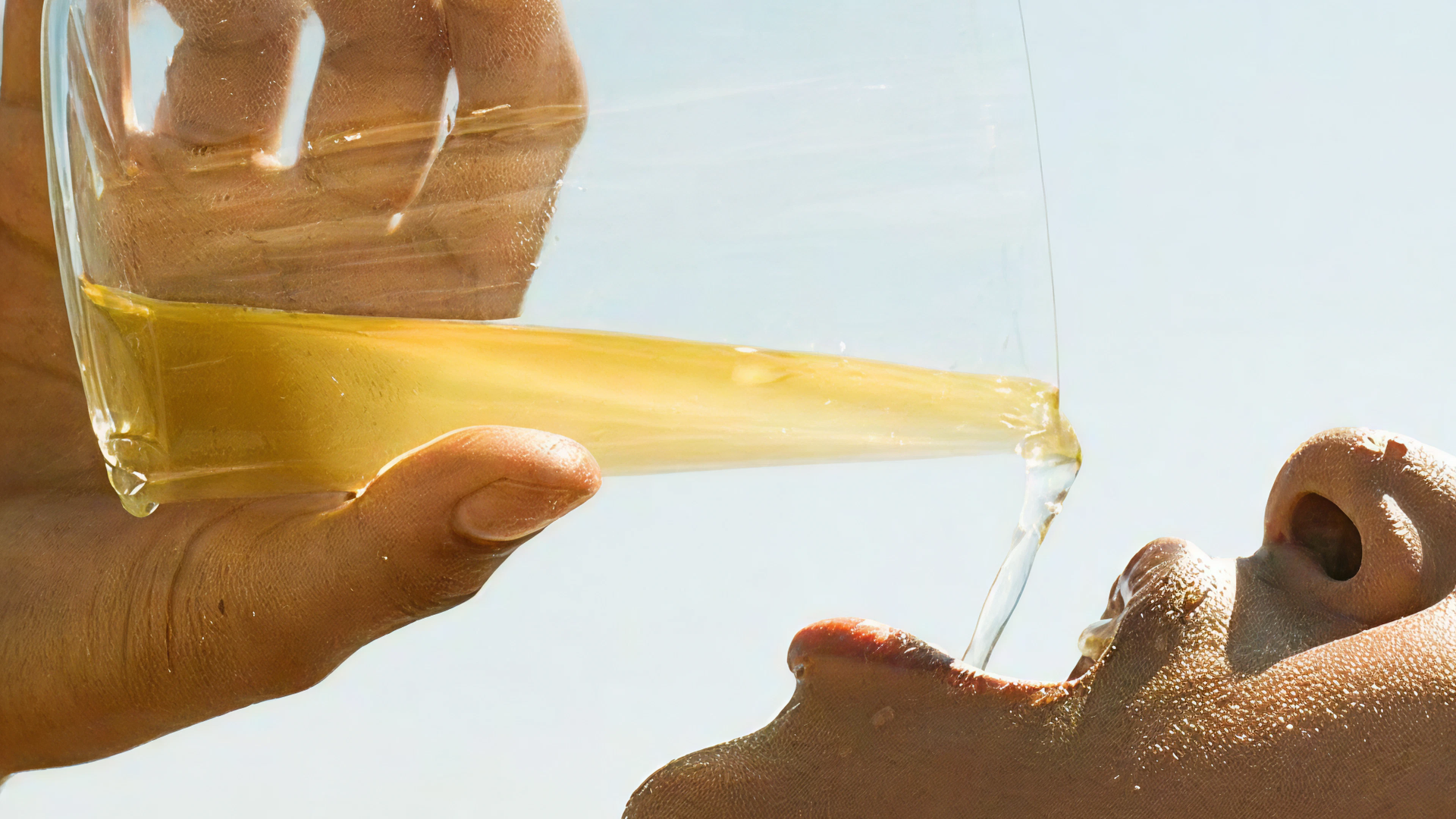When you're trying to conceive, you've probably wondered if what you eat can actually make a difference. The good news? Research shows that nutrition plays a powerful role in egg quality and fertility outcomes. Let's explore how the right foods can support your reproductive health journey.
What Is Egg Quality and Why Does It Matter?
Egg quality refers to how well your eggs can be fertilized and develop into healthy embryos. Unlike egg quantity (which naturally declines with age), egg quality is something you can actively influence through lifestyle choices, particularly nutrition.
High-quality eggs have:
- Proper chromosomal structure
- Healthy mitochondria (the cell's powerhouses)
- Strong protective membranes
- Optimal nutrient content
Poor egg quality can lead to difficulty conceiving, increased miscarriage risk, and lower IVF success rates. The encouraging news is that since eggs take about 90 days to mature, you have a three-month window to positively impact their development.
The Science Behind Nutrition and Egg Health
Your eggs are constantly exposed to oxidative stress—damage from unstable molecules called free radicals. This damage accumulates over time and can affect egg quality. However, antioxidant-rich foods act like protective shields, neutralizing these harmful molecules.
Research consistently shows that women following Mediterranean-style diets have:
- 25% higher live birth rates
- Better embryo quality during IVF
- Improved clinical pregnancy rates
Arva's Take: Think of your egg quality diet as an investment in your future family. Every nutrient-dense meal is supporting the eggs that will mature over the next three months.
Essential Nutrients for Optimal Egg Quality
Coenzyme Q10 (CoQ10)
This powerful antioxidant supports mitochondrial function in your eggs. Studies show CoQ10 supplementation can improve fertilization rates and embryo development, especially for women over 35.
Food sources: Fatty fish, organ meats, spinach, broccoli
Omega-3 Fatty Acids
These anti-inflammatory fats help maintain egg membrane health and may extend reproductive lifespan. Research links higher omega-3 levels to better ovarian reserve.
Food sources: Salmon, sardines, walnuts, chia seeds, flaxseeds
Folate
Beyond preventing neural tube defects, folate supports DNA synthesis and cell division—crucial for healthy egg development.
Food sources: Dark leafy greens, legumes, asparagus, avocado
Antioxidant Powerhouses
Vitamins C and E, selenium, and zinc protect eggs from oxidative damage while supporting hormonal balance.
Food sources: Berries, citrus fruits, Brazil nuts, pumpkin seeds, colorful vegetables
Your Egg Quality Diet Food List
Prioritize These Fertility-Friendly Foods:
Protein Sources:
- Wild-caught fatty fish (salmon, mackerel, sardines)
- Pasture-raised eggs
- Grass-fed lean meats
- Legumes and lentils
Healthy Fats:
- Avocados
- Extra virgin olive oil
- Nuts and seeds
- Coconut oil (in moderation)
Complex Carbohydrates:
- Quinoa and other whole grains
- Sweet potatoes
- Colorful fruits and vegetables
Fertility Superfoods:
- Dark leafy greens (spinach, kale)
- Berries (blueberries, strawberries)
- Pomegranates
- Beets
Foods to Limit or Avoid:
- Processed foods high in trans fats
- Refined sugars and sodas
- Excessive caffeine (limit to 1-2 cups coffee daily)
- High-mercury fish
- Alcohol
Arva's Take: Focus on adding nourishing foods rather than restricting everything. Small, sustainable changes often lead to better long-term results than dramatic dietary overhauls.
Sample Day on the Egg Quality Diet
- Breakfast: Spinach and mushroom omelet with avocado slices
- Snack: Greek yogurt with berries and walnuts
- Lunch: Quinoa salad with grilled salmon and mixed vegetables
- Snack: Apple slices with almond butter
- Dinner: Lentil curry with brown rice and steamed broccoli
Beyond Diet: Supporting Your Egg Quality Journey
Lifestyle Factors That Matter:
- Sleep: Aim for 7-9 hours nightly to support hormone production
- Stress Management: Chronic stress can impact egg quality through elevated cortisol
- Exercise: Moderate activity improves circulation and reduces inflammation
- Hydration: Adequate water intake supports cellular function
Consider Key Supplements:
While food should be your primary source of nutrients, certain supplements may help fill gaps:
- Prenatal vitamin with methylfolate
- CoQ10 (100-300mg daily)
- Omega-3 (1000-2000mg daily)
- Vitamin D (if deficient)
Always consult your healthcare provider before starting new supplements.
Cultural Considerations for Indian Families
Traditional Indian foods can absolutely support egg quality:
- Turmeric: Powerful anti-inflammatory properties
- Ghee: Provides healthy saturated fats in moderation
- Dal: Excellent plant-based protein and folate source
- Seasonal fruits: Rich in antioxidants and vitamins
Arva's Take: You don't need to abandon your cultural food preferences. Focus on incorporating more whole foods, reducing processed items, and adding fertility-supporting spices and ingredients to familiar dishes.
Timeline and Realistic Expectations
Remember, egg quality improvement takes time. Since eggs mature over 90 days, give yourself at least three months of consistent nutrition changes before expecting results. Some women notice improvements in energy and overall well-being within weeks, while fertility outcomes may take longer to manifest.
Frequently Asked Questions
Q: Can diet really improve egg quality after 35?
A: Yes, while age is the primary factor in egg quality decline, research shows that antioxidant-rich diets can help protect eggs from further damage and support optimal function at any age.
Q: How long should I follow an egg quality diet?
A: Ideally, start at least three months before trying to conceive and continue throughout your fertility journey and pregnancy for optimal benefits.
Q: Are expensive superfoods necessary for egg quality?
A: Not at all. Many affordable foods like eggs, lentils, seasonal vegetables, and local fish provide excellent fertility-supporting nutrients.
Q: Can men benefit from following this diet too?
A: Absolutely. Sperm quality also benefits from antioxidant-rich nutrition, and following the diet together can improve overall fertility outcomes for couples.
Your Next Steps
Starting an egg quality diet doesn't have to be overwhelming. Begin with small changes like adding a serving of berries to breakfast or swapping refined grains for whole grains. Focus on progress, not perfection.
Remember, nutrition is just one piece of your fertility puzzle. Work with your healthcare team to address any underlying conditions and create a comprehensive plan that supports your unique journey to parenthood.

